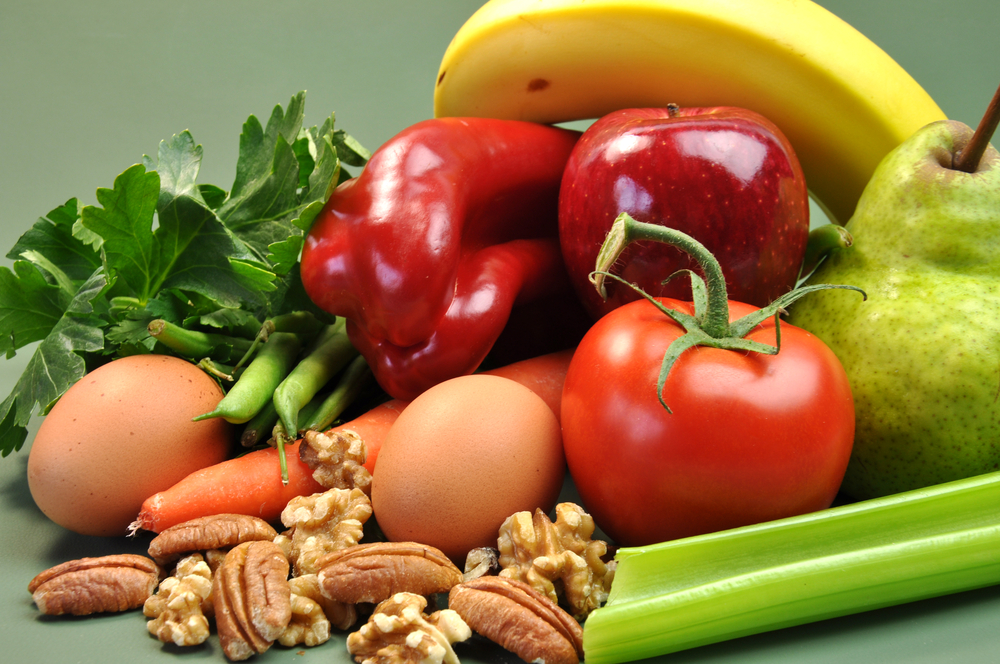 Recent evidence shows that eating a diet high in vegetables and fruits gradually slows down disease progression in patients with prostate cancer. The study, titled “The Men’s Eating and Living (MEAL) Study: A Randomized Trial of Diet to Alter Disease Progression in Prostate Cancer Patients on Active Surveillance”, is evaluating how an interventional diet, high in vegetables and fruits, is able to reduce prostate cancer progression.
Recent evidence shows that eating a diet high in vegetables and fruits gradually slows down disease progression in patients with prostate cancer. The study, titled “The Men’s Eating and Living (MEAL) Study: A Randomized Trial of Diet to Alter Disease Progression in Prostate Cancer Patients on Active Surveillance”, is evaluating how an interventional diet, high in vegetables and fruits, is able to reduce prostate cancer progression.
MEAL is a multicenter study that aims to assess patients via a telephone-based dietary intervention and to compare the results with patients under no intervention.
Patient randomization criteria include age (≤ 70 years vs > 70 years), race (African American vs other), and time of baseline prostate biopsy (0-12 months before registration vs > 12-24 months before registration). Patients will then enrol in one of two treatment arms (intervention vs. no intervention).
Participants enrolled in the intervention group (arm I) will have dietary education and telephone counseling sessions during 24 months. Additionally, arm I patients will receive 8 newsletters over the same time course. The newsletter focus on study goals and progress, providing tips on achieving and maintaining diet change and contains information on diet and cancer, the challenges of dietary habits change, advances in prostate cancer control, and new recipes.
Participants enrolled in the no intervention group (arm II) will receive standard United States Department of Agriculture diet and 8 newsletters over the course of 24 months. The newsletters will involve general information about diet and healthy lifestyle.
The MEAL study is estimated to enrol 464 prostate cancer patients until June 2017, and will assess disease progression through PSA doubling time < 3 years, PSA > 10 at any time, or Gleason sum on repeat biopsy ≥ 7 (for men < 70 years) or ≥ 4+3 = 7 (for men ≥ 70 year). Additionally the MEAL study is going to assess disease progression of up to 2 years with outcomes including PSADT and time to progression, time to treatment, comparison of quality of life (anxiety and depression, prostate cancer symptom checklist) between the two arms and diet as evaluated by three separate 24-hour dietary recalls at baseline and at 12 and 24 months.
In a new release Dr. Guilherme Godoy, assistant professor of urology and the principal investigator of the study at Baylor College of Medicine said “This study is the only open national clinical trial to assess a dietary intervention in this population, and has the potential to improve quality-of-life and the treatment of men with low-risk prostate cancer.”
This study is enrolling participants until June 2017. More information can be found at https://clinicaltrials.gov/ct2/show/NCT01238172

